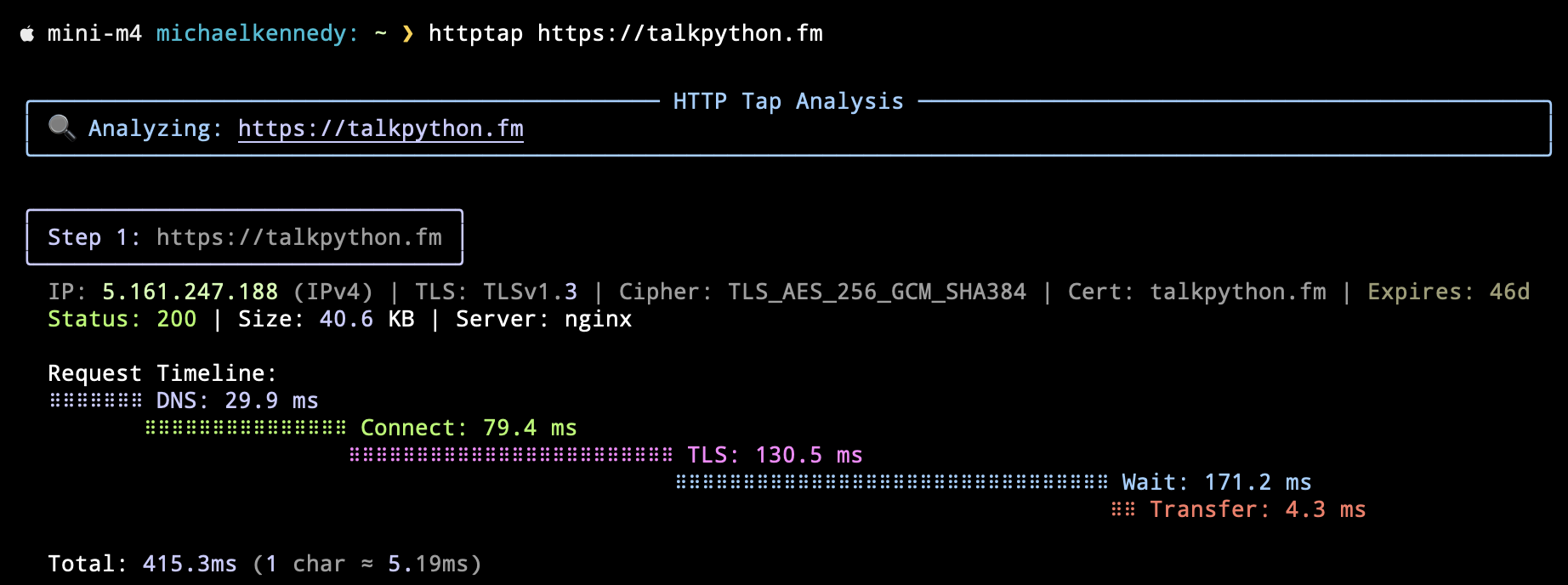In this episode of Leaders of Code, Stack Overflow CEO Prashanth Chandrasekar chats with Ramprasad Rai, VP of Platform Engineering at JPMorgan Chase & Co., about the unique challenges of implementing AI in an enterprise environment. They discuss how organizations can balance AI-driven productivity with strict compliance and security requirements by leveraging a community-driven knowledge system that grounds probabilistic AI tools in internal, trusted expertise.
The discussion also:
- Explores why AI models often hallucinate in enterprise environments due to a lack of internal context.
- Highlights how Stack Overflow’s structured Q&A data provides ideal fine-tuning material for the next generation of AI models.
Notes
- Connect with Ramprasad Rai on LinkedIn.
See Privacy Policy at https://art19.com/privacy and California Privacy Notice at https://art19.com/privacy#do-not-sell-my-info.

